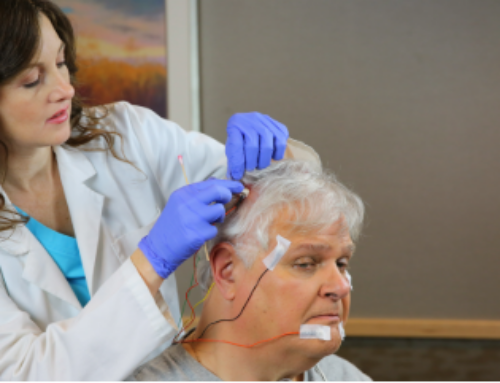The American Academy of Sleep Medicine has declared that Monday, March 12, 2018, is Insomnia Awareness Day. Each night millions of people in the U.S. struggle to fall asleep or stay asleep. For some this is only a brief problem. But for others, insomnia can become a severe, ongoing struggle.
How common is insomnia among adults? Here are the numbers:
• 30 to 35% have brief symptoms of insomnia.
• 15 to 20% have a short-term insomnia disorder, which lasts less than three months.
• 10% have a chronic insomnia disorder, which occurs at least three times per week for at least three months.
Chronic insomnia can have a negative impact on your health, increasing your risk of depression and high blood pressure. It also can lower your quality of life. Common symptoms of insomnia include:
• Fatigue
• Inability to focus or concentrate
• Poor memory
• Mood disturbance
• Daytime sleepiness
• Low motivation or energy
• Increased errors or accidents
Insomnia also can keep you from performing your best at school or work. One study estimated that an employee with insomnia loses about eight days of work performance each year. For the entire U.S. workforce, this adds up to an estimated $63 billion in lost work performance due to insomnia each year.
An effective treatment for insomnia is cognitive behavioral therapy. It involves changing attitudes, beliefs and behaviors that have a negative impact on your sleep. The positive effects of CBT can be long-lasting.
Sleeping pills also are used frequently to treat insomnia. CDC data suggest that about four percent of U.S. adults used prescription sleep aids in the past month. Like any other drug, sleep medications have side effects and risks. It is important to use sleeping pills safely and properly to treat insomnia.
WARNING: Complex sleep behaviors such as sleepwalking or sleep driving can occur when you take a sleeping pill. Read this Consumer Update from the FDA to learn about these safety risks.
Contact an accredited sleep center to get help for insomnia or another sleep problem. Find a behavioral sleep medicine provider who can offer CBT-I.
Don’t let insomnia prevent you from sleeping well and feeling your best. Get help today.
Updated May 20, 2019





